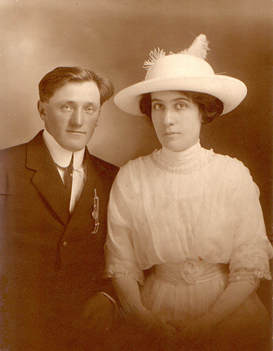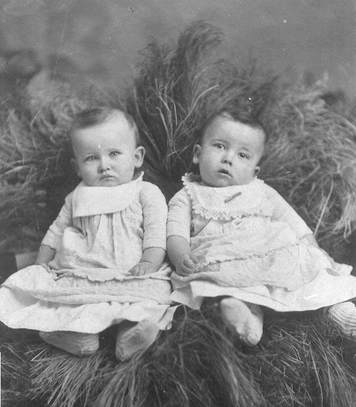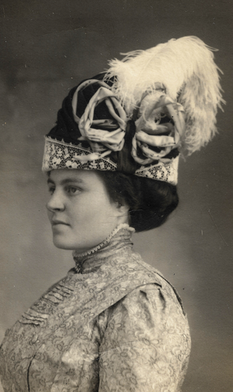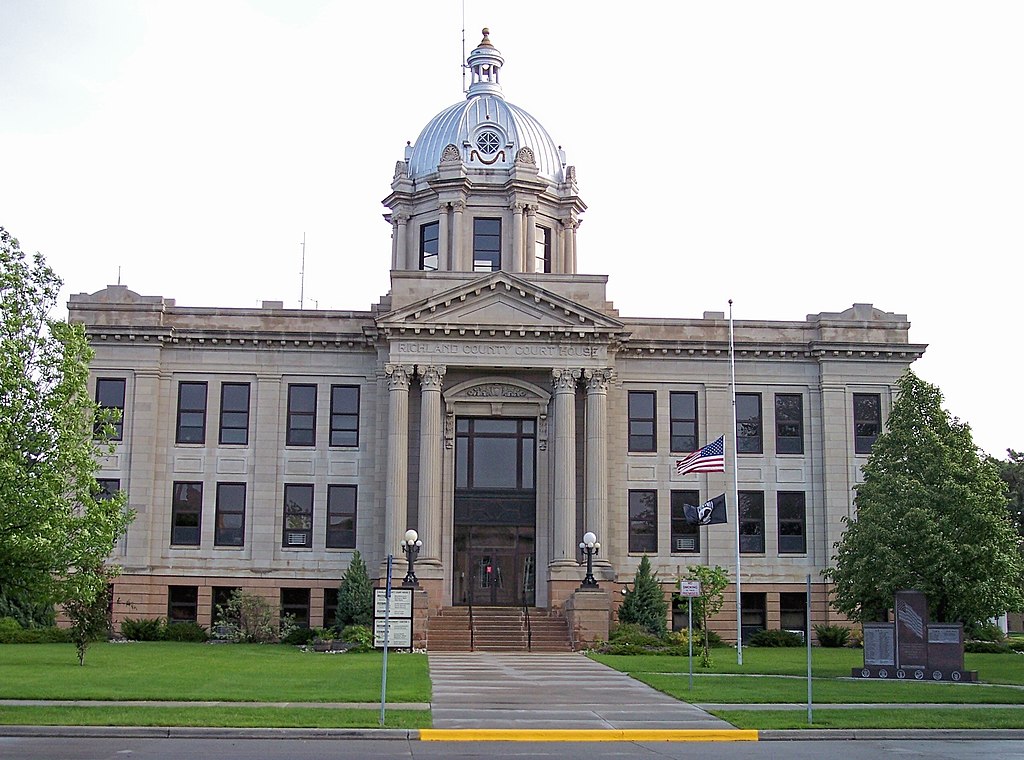|
For those of us with farm ancestors, we’ve used the land records that are found in our local courthouses. As more records are available online, we tend to forget about the information that is available in the Courthouses that might help us in our genealogy search. Let’s look. A recent summons for jury duty made me think about ancestors and wonder if there are any records on file for when they served as a juror. Is that information kept somewhere that is available to the public? Or is it considered nonpublic for person privacy? It is something that I will need to research further but wouldn’t it be interesting to know if your ancestor served on a jury trial? I suspect that information is sealed.
I’ve already mentioned land records. You can request or view these from the Register of Deeds office for the courthouse for the area where your ancestor lived. If your records are in early statehood, it is a good idea to make sure that the county lines or the county itself didn’t change for a particular area. One set of my ancestors lived in Mclean County until it was divided into McLean and Sheridan Counties. You might have to look in two counties to determine where your records can be found. The local government records a plethora of records, and you can find land tax information at the courthouse. These older records are often not readily accessible so check ahead to see if they are available or if you’re able to spend time searching through old books. Sometimes if we are lucky those older tax records might be found at the local historical society. Court cases can be found in the Courthouse but unless you know a particular year and case, it might be challenging to see if your ancestor was involved. The good news is that older wills and even court cases are finding their way online at sites like FamilySearch and Ancestry. Remember it doesn’t need to be a criminal case but could instead be a dispute over water or boundaries that required a judgment. In records, you might find additional information about a piece of land that mentions your ancestor even after their death. For example, they may have sold their land years before their death, but the “new” owner needs to prove that he is now the owner so that he can sell the property. Marriages and Divorces are recorded on the County Courthouse records. Even in someone is married at their church, they still need to apply and receive a marriage license from the state to make it official. If your ancestor lived near the border between states and you are not finding their marriage record in the state/county that you expect, try over the border. I have found marriage records in another state with no known reason. In one instance the gentleman had been divorced and chose to remarry in another state—even though the bride didn’t reside there. Were the marriage laws more lenient in that state? Perhaps. Or did they elope? Today there are a surprising number of Las Vegas wedding or destination weddings. Finding those court records might be challenging if we don’t know where the marriage happened. In addition to the above records guardianships and adoptions are recorded there. Access may be limited regarding the adoption records, depending on the local and state laws. Card Catalog - Ancestry.com If you go to the Card Catalog at Ancestry and search for court records you can see records from the United States as well as other parts of the world. Whether they are complete databases or indexes to databases, they can provide clues as you track down your ancestor. https://www.ancestry.com/search/collections/catalog/?keyword=court%20records I’m all for gathering information that is available and here are other articles written about researching your ancestors in Courthouse Records. Court Records - Finding Your Ancestors - Genealogy.com National Archives Court Records | National Archives United States Court Records • FamilySearch German Genealogy -- Court Records (genealoger.com) Nebraska Court Records – Nebraska Genealogy Free Public Records Search - judyrecords District Courts - Court Records - LibGuides at Minnesota Historical Society Library (mnhs.org) Here is what a quick search of “Wilkin County District Court provided: MNHS Library & Archives Catalog - Wilkin County District Court (exlibrisgroup.com). While you will need to go in person to view the files, this is quite a treasure trove of information to review. Look at your state genealogy records to see what be available online or at your local historical society. If you do need to visit the courthouse to view records, remember that the staff is currently working with the present and checking ahead and scheduling time may make your trip more fruitful. We want to make our exchanges positive so that the next genealogist that appears at their desk will be welcomed! Good luck researching courthouse records!
0 Comments
Leave a Reply. |
AuthorWith a lifelong passion for genealogy and history, the author enjoys the opportunity to share genealogy tidbits, inspiring others to research and write their family story. Archives
July 2024
Categories |




 RSS Feed
RSS Feed